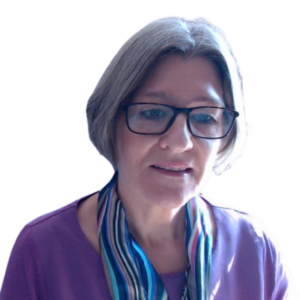This article first appeared on LinkedIn.
It is a constant battle for NGOs to ‘make ends meet’ and find all the funds they need to continue their important work, year on year. It is even more of a challenge to think about and plan for the longer term. I wonder how many organisations have a clear strategy on how to finance their work in 3 to 5 years’ time?
Here is a simple framework for considering how secure your organisation’s financial future is:
1. How diversified is your income?
‘Diversification’ means getting income from as wide a range of sources as possible—and not just donor funding. If we rely on just one or two donors for our main income, it makes us very vulnerable as donors can (and do) pull out at any time. We need the safety net of other income to be financially secure.
2. Do you have any reliable sources of unrestricted funds
Linked to diversification, it is important to have some income that is unrestricted—that means there are ‘no strings attached’, the money can be used to achieve any of your objectives. Donor funds tend to be restricted to specific projects or activities, giving us little flexibility in how the money is used.
The more unrestricted funds we have, the more freedom of action we have. We can work on projects that meet community priorities, and cover the hard-to-fund costs such as central support (overheads) costs.
3. Do you have enough reserves to see you through the tough times?
Reserves are financial resources that an NGO sets aside to meet unexpected events in the future. They are like our household savings. We need reserves to help us through difficult times, e.g., when a grant is delayed or withdrawn, or we experience unexpected expenses. If we do not have reserves to draw on, the organisation and its programmes could be vulnerable to closure.
Critically, you can only build up reserves from surpluses of unspent (unrestricted) income, so this reinforces the need for unrestricted income sources.
4. How strong are your key stakeholder relationships?
NGOs have many stakeholders who can have an influence on or be affected by the organisation, such as the communities we work with, donors, staff and volunteers, the government and the media.
The more that we can build up and manage a positive relationship with stakeholders, especially those in the local communities, the stronger a position we will be in. You will be able to access financial and other support from a wider variety of sources (so achieve diversification) and they are more likely to support your work in the longer term, or during a crisis.
Want to learn how to strengthen your organisation’s financial future?
Join us on our Planning for Financial Sustainability courses, online or in-person, to discover practical tools and know-how to achieve financial sustainability. You will discover:
- How to assess your financial sustainability and risk status
- How to diversify income and become less dependent on donor income
- How to finance central support costs
- How to build financial reserves
- How to strengthen stakeholder relationships
- How to build your own financing strategy

